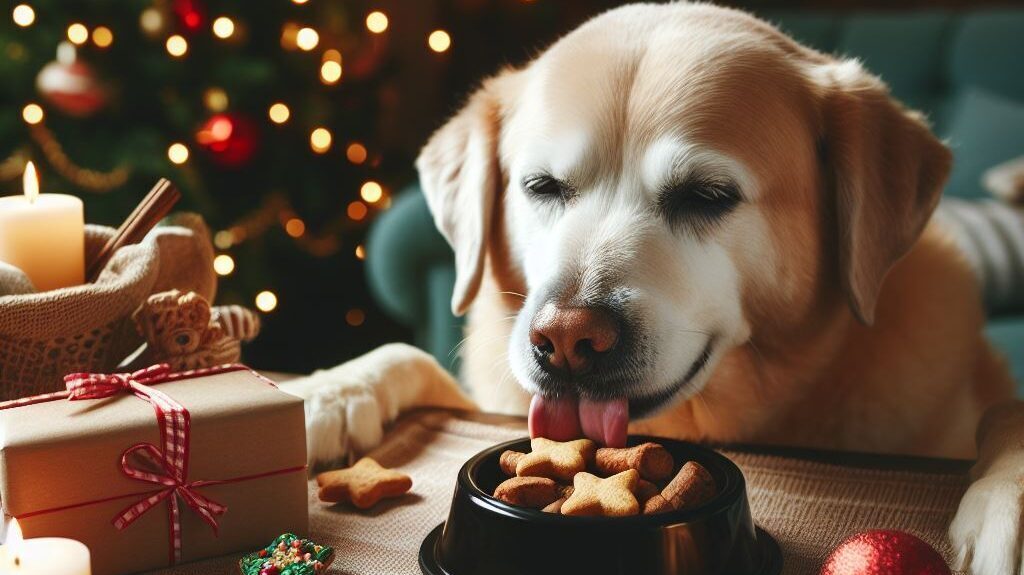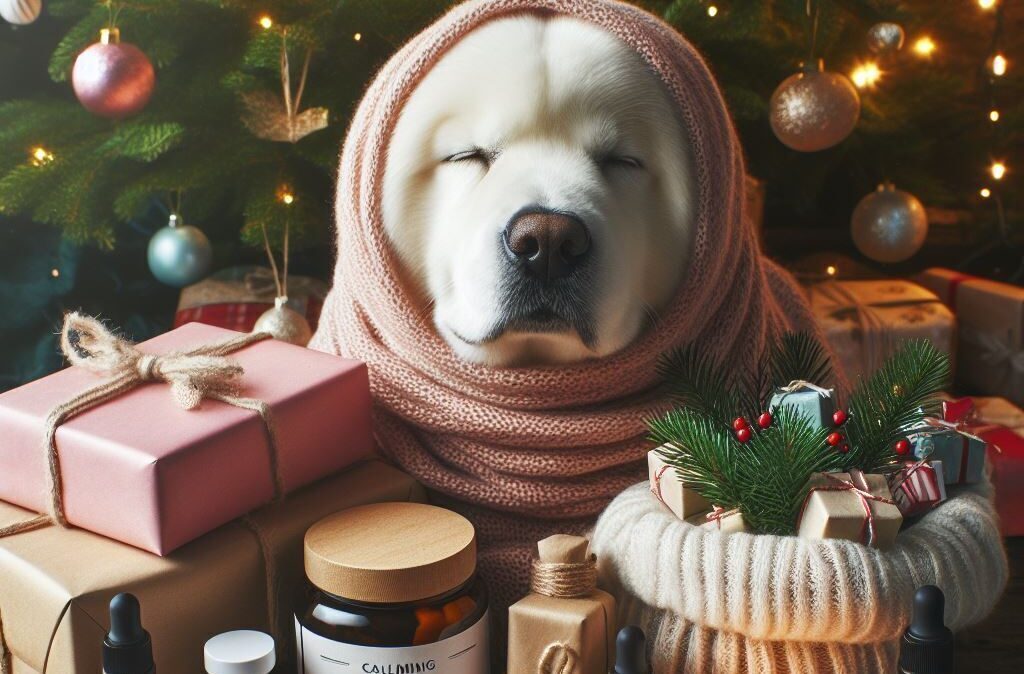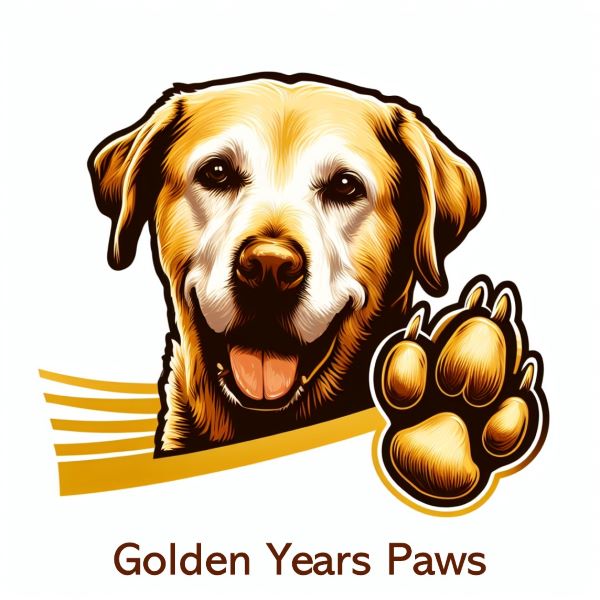The holiday season is a time of joy, celebration, and quality time spent with loved ones. As you prepare for the festivities, it’s important to consider the well-being of your senior canine companion. Older dogs may have specific needs and sensitivities that require extra attention during this busy time. To ensure a calm and happy holiday season for both you and your beloved senior dog, we’ve gathered expert tips and advice to guide you. Let’s explore how you can create a safe and comfortable environment for your senior dog, manage their stress levels, and make the most of this special time together.
Establish a Calm and Safe Space
With the hustle and bustle of the holiday season, it’s essential to provide your senior dog with a calm and safe retreat. Set up a designated area in your home where they can retreat to when they need some quiet time. This could be a cozy corner with their bed, blankets, and familiar toys. Ensure the space is away from loud noises, such as holiday music or fireworks, and provide them with a comfortable and secure environment.
Stick to Their Routine
Maintaining your senior dog’s regular routine is crucial during the holiday season. Try to keep their feeding, exercise, and sleep schedule as consistent as possible. Sudden disruptions can cause stress and anxiety in older dogs. If you need to make adjustments to accommodate holiday activities, gradually introduce changes to their routine to minimize any potential stress.
Limit Stressful Interactions
As much as you may want to involve your senior dog in all the holiday festivities, it’s important to assess their comfort level and limit stressful interactions. Large gatherings, noisy parties, and unfamiliar guests can be overwhelming for older dogs. Consider your dog’s temperament and stress triggers, and make decisions that prioritize their well-being. If necessary, create a quiet space where your dog can retreat to during social gatherings.
Provide Mental Stimulation
Senior dogs still need mental stimulation to keep their minds sharp and engaged. Incorporate interactive toys, puzzle feeders, and gentle training exercises into their daily routine. Mental stimulation not only provides entertainment but can also help alleviate anxiety and promote a sense of purpose and accomplishment in your senior dog.

Watch Their Diet
During the holiday season, it’s common for delicious and tempting treats to be readily available. While it’s tempting to share holiday goodies with your furry friend, it’s important to be mindful of their dietary needs. Some holiday foods, such as chocolate, raisins, onions, and rich fatty foods, can be toxic or cause digestive upset in dogs. Stick to their regular diet and only offer dog-safe treats in moderation.
Exercise Mindfully
Regular exercise is important for senior dogs, but it’s crucial to tailor the intensity and duration to their individual needs. Engage in low-impact activities such as leisurely walks or gentle play sessions. Be mindful of their energy levels and any signs of fatigue or discomfort. Avoid strenuous activities that may put unnecessary strain on their joints or exacerbate existing health conditions.
Monitor Temperature
Extreme temperatures can negatively impact the comfort and well-being of senior dogs. During the winter season, ensure that your dog has a warm and cozy place to rest, away from drafts. If you live in a colder climate, consider providing them with a comfortable dog sweater or jacket during outdoor excursions. Be cautious of overheating if you’re in a warmer climate or if you have indoor heating on high during the holiday season.
Consider Their Sensitivities
Senior dogs may have heightened sensitivities to noise, lights, and other stimuli. Bright holiday lights, loud music, and fireworks can be overwhelming for them. Create a calm environment by keeping the noise level down, using soft lighting, and providing soothing music or white noise to mask any sudden sounds. If necessary, consult with your veterinarian about potential anxiety management strategies, such as pheromone diffusers or calming supplements.

Maintain Medication and Health Routines
If your senior dog is on medication or has specific health needs, it’s crucial to maintain their prescribed routine during the holiday season. Ensure you have an adequate supply of medications, and be diligent about administering them as directed. If you have any concerns about your dog’s health or behavior, consult with your veterinarian promptly to address any issues before they escalate.
Seek Professional Help if Needed
If your senior dog experiences excessive anxiety or stress during the holiday season, it may be beneficial to consult with a professional dog trainer or animal behaviorist. These experts can provide tailored advice and techniques to help manage your dog’s specific needs and anxieties. They can also guide you in creating a positive and stress-free environment for your senior dog.
Conclusion
The holiday season should be a time of joy and togetherness for both you and your senior dog. By following these expert tips, you can create a calm and happy environment that takes into account your senior dog’s specific needs. Establish a safe space, stick to their routine, limit stressful interactions, provide mental stimulation, watch their diet, exercise mindfully, monitor temperature, consider their sensitivities, maintain medication and health routines, and seek professional help if needed. With these considerations in mind, you can ensure that your senior dog enjoys a peaceful and enjoyable holiday season.
Warmest Wags,
Morena
Founder, GoldenYearsPaws.com

